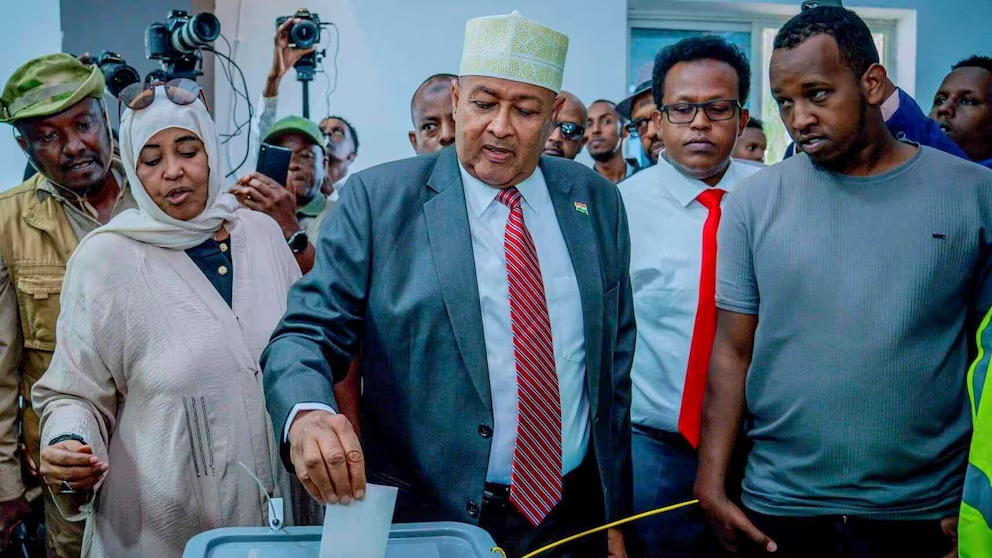Camel Milk Prevents Developing Heart Disease and Microbial Infection
Camel milk may be a better alternative to traditional dairy from cows due to its antimicrobial and antiallergenic properties, a new study says.
Researchers at the Edith Cowan University in Australia say camel milk has more naturally occurring active short protein molecules compared to cow milk.
Although scientists have known that camel milk can be less allergenic compared to bovine milk, the new study, published in Food Chemistry, confirms that it also has a higher potential to yield molecules with antimicrobial and anti-hypertensive properties.
These active compounds can selectively inhibit certain pathogens, researchers say.
As a result, camel milk creates a healthy gut environment and likely helps decrease the risk of developing heart disease in future.

The individual potency of these active molecules in camel milk needs further testing, however.
The study also confirms previous findings that camel milk lacks the major cow milk allergen β-lactoglobulin and, thus, provides dairy users who have a β-Lg allergy a viable alternative to cow milk. “The unique study of allergenic protein characterization in camel and cow milk suggested camel milk’s potential to be less allergenic due to the absence of β-Lg,” the study notes.
The level of lactose in camel milk is also lower than in cow milk
Cow milk generally contains around 85-87 per cent water, 3.8-5.5 per cent fat, 2.9-3.5 per cent protein, and 4.6 per cent lactose. Camel milk has slightly more water at 87-90 per cent, a protein content that varies from 2.15 to 4.90 per cent, 1.2 to 4.5 per cent fat, and 3.5-4.5 per cent lactose.
The researchers say the latest findings could lead to the development of “nutrient-enriched” dairy products.
Currently, 81 per cent of the milk consumed worldwide comes from cows. Camels are the fifth largest source behind buffaloes, goats and sheep. Camels account for only about 0.4 per cent of the global milk production, concentrated mostly in arid parts of the world like the Middle East.

However, some semiarid regions such as Australia, which have an existing camel population, can increase production as well as consumption. These areas, which can be challenging for traditional cattle farming, are “perfect for camels”, researchers say.














You must be logged in to post a comment.